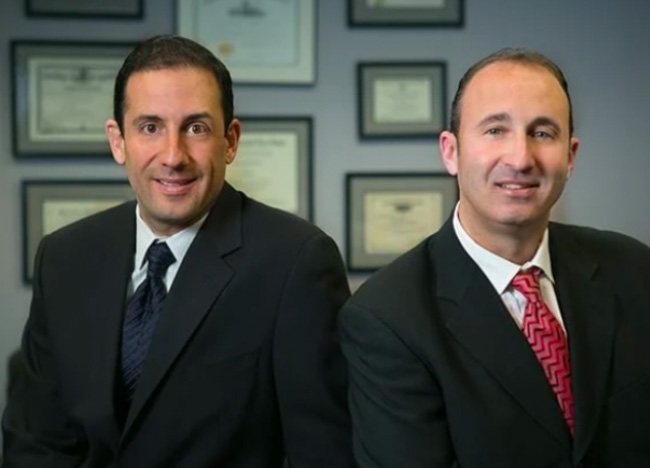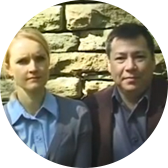Washington Lemon Law Attorneys
Since 1995, Krohn & Moss, Ltd. Consumer Law Center® has represented and helped over 60,000 consumers obtain relief for their defective or misrepresented consumer products. Contact our Washington lemon law attorneys for a case review.
Washington Lemon Law
The State of Washington has one of the nation’s most comprehensive lemon laws. Unlike some states that are limited to a period of time or mileage prior to the expiration of the factory warranty accompanying a motor vehicle, the Washington Lemon Law looks to the entire duration of the factory warranty to determine if a violation has occurred. So long as the purchaser or lessee of a defective vehicle has tendered the vehicle for repair at least one (1) time during the duration of the factory warranty and thereafter given the manufacturer, through its authorized dealers, a reasonable number of attempts to repair the vehicle, relief may be had.
Covered Vehicles Under the Washington Lemon Law
The Lemon Law in the state of Washington covers “new” or “used” vehicles that were originally purchased or leased within the state and that were intended for use on public roads, including motorcycles. However, the vehicle must weigh less than 19,000 pounds and must have been covered by the vehicle manufacturer’s warranty when sold.
Read All FAQs for Washington here.
Requisite Number of Repair Attempts
A consumer must provide the manufacturer, through its dealers, with a reasonable number of attempts to repair a condition that originally manifested during the factory warranty on the vehicle. Accordingly, even if the first repair was at the last mile remaining on the factory warranty and the manufacturer failed to repair after being afforded a reasonable number of attempts after the warranty expired, the consumer may still qualify for relief. A reasonable number of attempts is defined as at least two (2) repairs for a safety defect and at least four (4) repairs for a non-safety defect; or the vehicle must have been out of service for at least thirty (30) days of which fifteen (15) days occurred during the factory warranty.
Available Relief Available to the Consumer
Consumers may recover a “refund” or a “replacement” vehicle at the consumer’s option if they prevail. A refund shall include all sales taxes paid, unused registration charges, finance interest charges, and any collateral damages, including towing charges and rental fees. A consumer may also recover attorneys’ fees.
To determine if you qualify for relief under the Washington State Lemon Law or under any other consumer laws, such as the Federal Magnuson-Moss Warranty Act, contact the experienced lemon law lawyers at Krohn & Moss, Ltd. Consumer Law Center®.
Covered Defects
The Washington Lemon Law covers all conditions, defects, or general problems that substantially impair the use, value, or safety of the vehicle.
Why Choose Krohn & Moss as Your Washington Lemon Law Firm?
- 25+ Years of Experience Turning “Lemons” into “Lemon-Aid”
- Over 60,000 Success Stories Nationwide
- Accomplished, Trustworthy Attorneys
- Responds to All Inquiries within 24 Hours
- No Fees Unless We Win Your Case
- We Always Seek Maximum Compensation for Clients
Do You Have A Lemon?
We’ve put together a simple, effective evaluator to help you determine whether or not you have a lemon.
Do I have a lemon? Take the Lemon Test. It Takes Only 60 seconds!
We don't get paid unless we win your case!
Free Case ReviewKrohn & Moss, Ltd. Consumer Law Center® is pleased to comply with state regulations concerning client statements and testimonials:
In order for you to see our client video or read our client statements, please click the green button below. You will be taken directly to the video or client statements.
If you are interested in viewing information about the lawyer/firm’s past results and testimonials about the lawyer/firm, please read and acknowledge the information below.
The information in this section contains information about the lawyer/firm’s past results, testimonials about the lawyer/firm, and statements regarding the lawyer/firm’s quality. The information has not been reviewed or approved by Bar Associations of the states in which the law firm practices.
The facts and circumstances of your case may differ from the matters in which results and testimonials have been provided.
All results of cases handled by the lawyer/firm are not provided and not all clients have given testimonials.
The results and testimonials provided are not necessarily representative of results obtained by the lawyer/firm or of the experience of all clients or others with the lawyer/firm. Past results are no guarantee of future results. Every case is different, and each client’s case must be evaluated and handled on its own merits.
The testimonials or endorsements do not constitute a guarantee, warranty, or prediction regarding the outcome of your legal matter.






